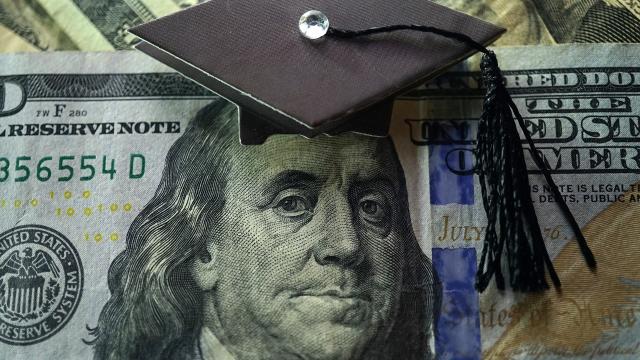The Best And Worst Ways To Pay Off Student Loans

Introduction:
Student loans have become a common burden for many individuals entering the workforce. Finding effective and manageable strategies to pay off these loans is vital to achieving financial stability and success in life. This article explores the best and worst ways to pay off your student loans to help you make informed decisions and establish a repayment plan that works best for you.
The Best Ways To Pay Off Student Loans:
1. Income-Driven Repayment Plans:
Enrolling in an income-driven repayment (IDR) plan can significantly reduce your monthly payments based on your income and family size. With an IDR plan, your unpaid balance might be forgiven after 20-25 years, depending on the specific plan chosen.
2. Public Service Loan Forgiveness:
If you work for a qualifying not-for-profit organization or government agency, you may have your loan balance forgiven after making 120 qualified monthly payments under a qualifying repayment plan.
3. Refinancing:
Refinancing your loans with a private lender can reduce your interest rate, thereby lowering your monthly payment and potentially saving you thousands over the life of the loan. However, be mindful that refinancing federal loans with private ones eliminates certain benefits like loan forgiveness options.
4. Extra payments:
Adding extra money towards your loan principal each month, even if it’s a small amount, can significantly decrease the time it takes to repay your debt in full and save you money on interest payments.
5. Employer-Provided Assistance Programs:
Many employers are offering student loan repayment assistance as a workplace benefit which can help ease the burden of monthly payments.
6. Utilizing Tax Deductions and Credits:
Certain tax deductions or credits related to education expenses may be available to you. Be sure to research all available options come tax time.
The Worst Ways To Pay Off Student Loans:
1. Defaulting:
Failing to make any payments towards your student loans can lead to long-lasting negative consequences, including wage garnishment, damage to your credit score, and collection fees.
2. Deferment or Forbearance:
While postponing your payments can provide temporary financial relief, interest continues to accrue during the deferment or forbearance period, increasing the overall amount you owe in the long run.
3. Using Credit Cards:
Transferring your student loan debt to high-interest credit cards will likely increase your financial burden significantly due to higher interest rates.
4. Borrowing From Retirement Funds:
Withdrawing money from retirement accounts to pay off student loans can result in penalties, taxes, and delayed retirement goals.
5. Making Minimum Payments:
Paying only the minimum required payment on your student loans will keep you in debt longer and cause you to pay more in interest over time.
Conclusion:
When repaying student loans, it’s essential to carefully consider all possible repayment strategies and options available to you. Tackle your debt using the best methods outlined above while avoiding common pitfalls that could prolong or worsen your financial situation. With a well-planned approach and discipline, you can successfully pay off your student loans and work towards a financially healthier future.






